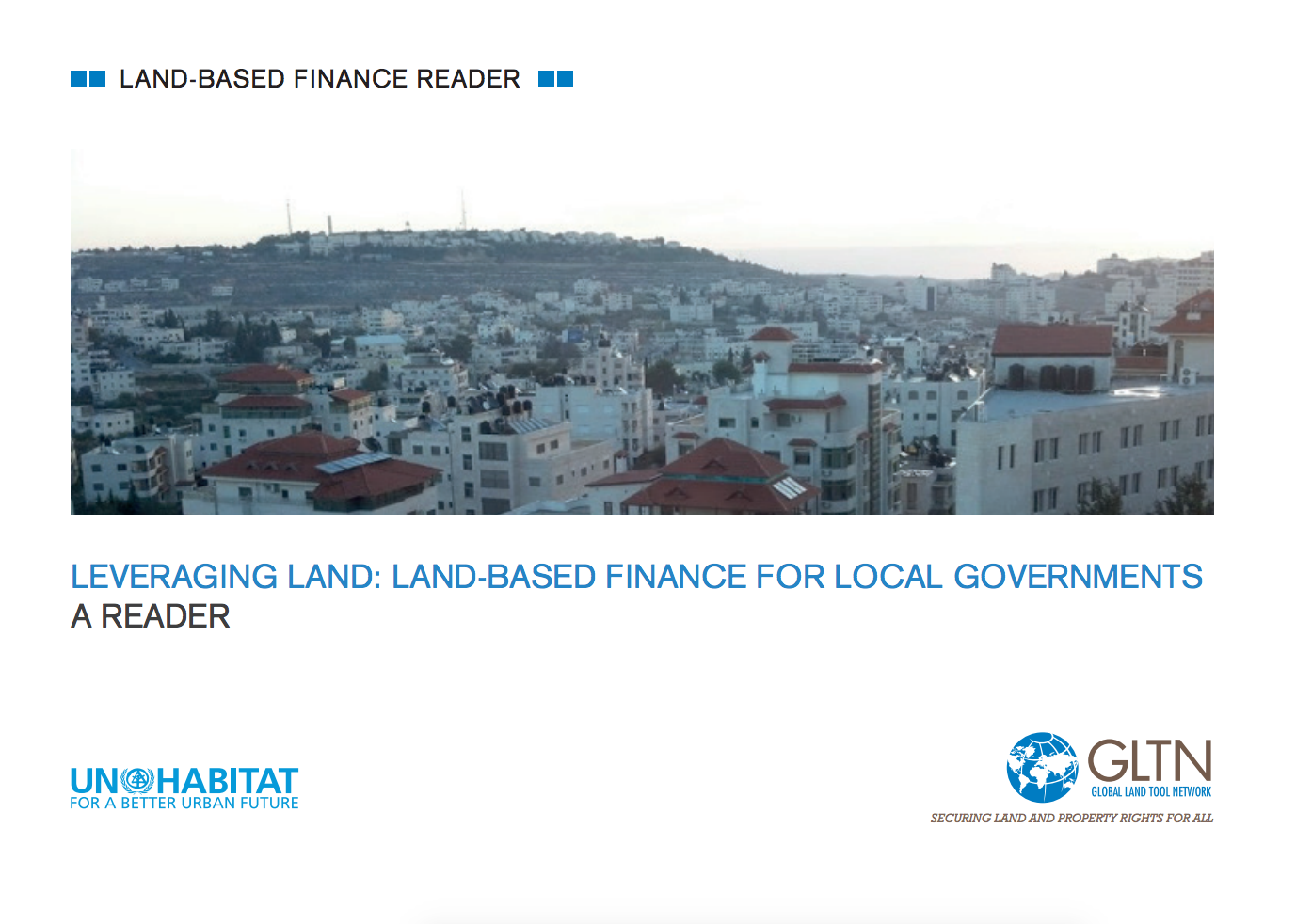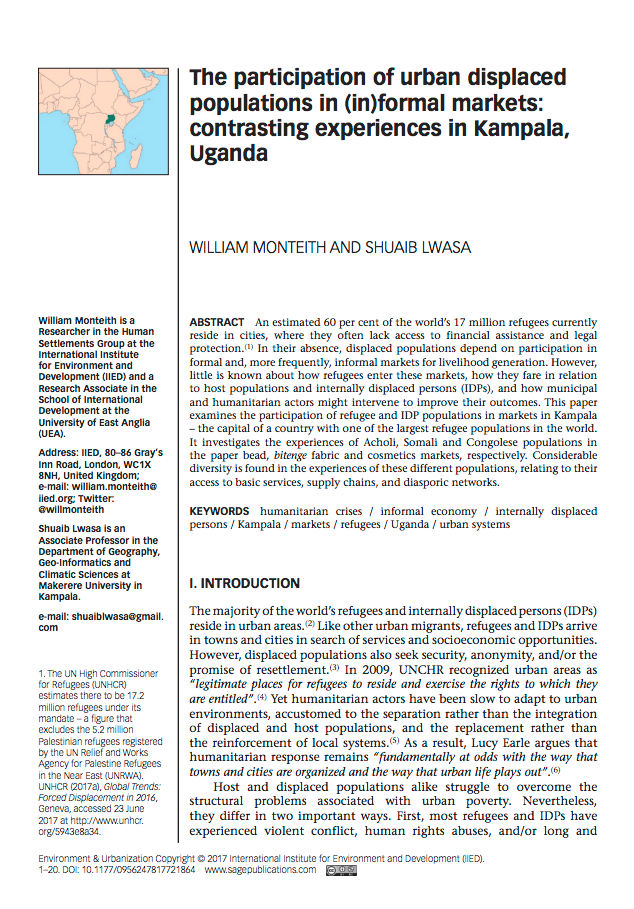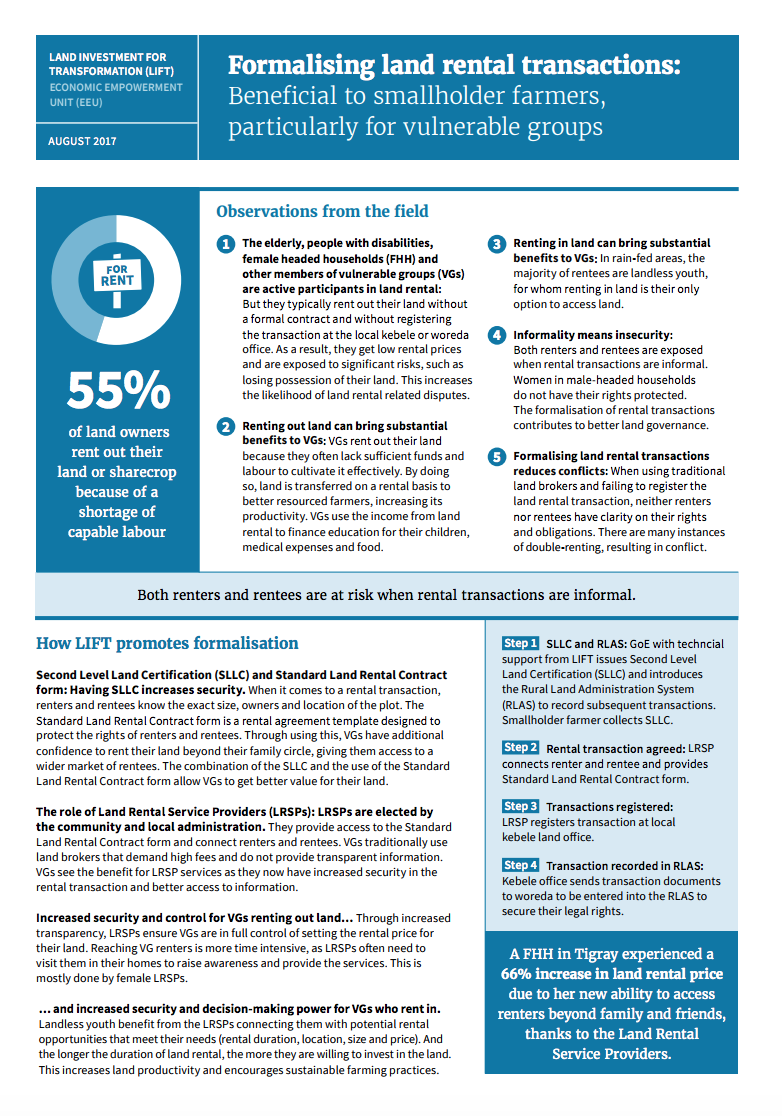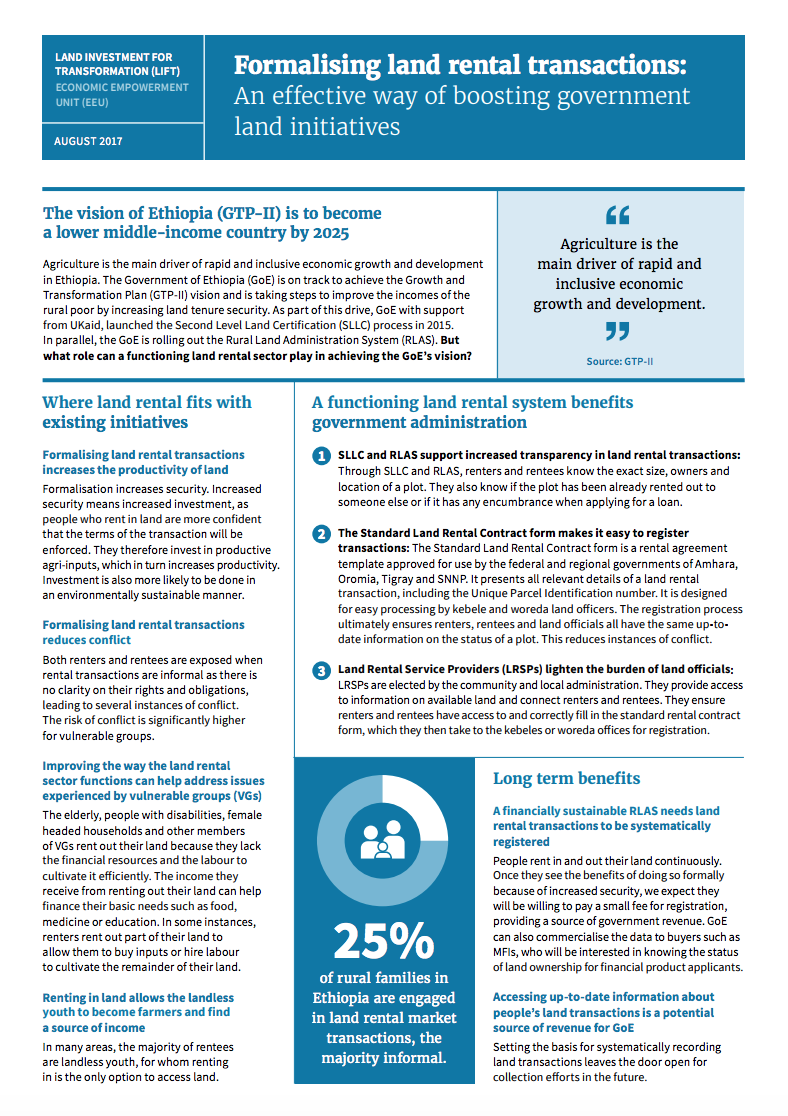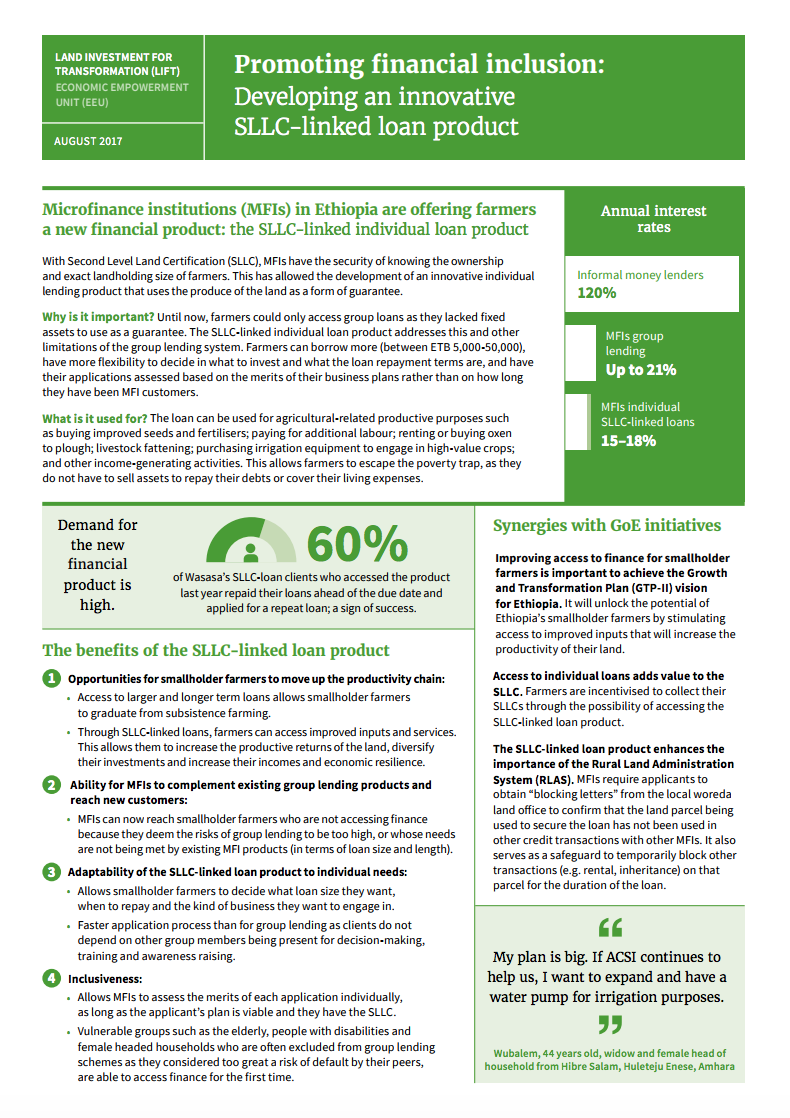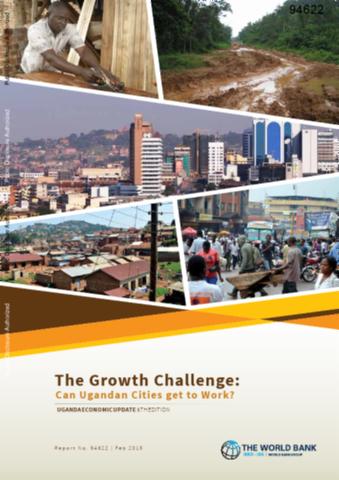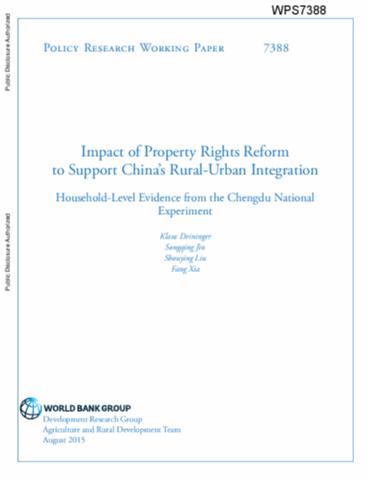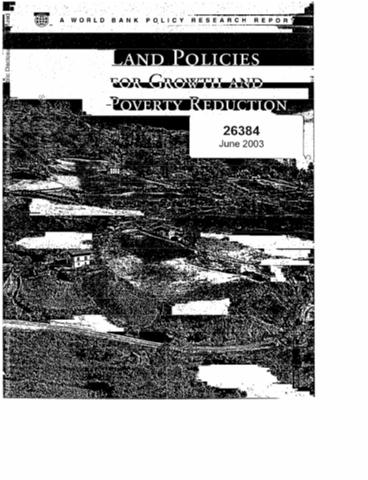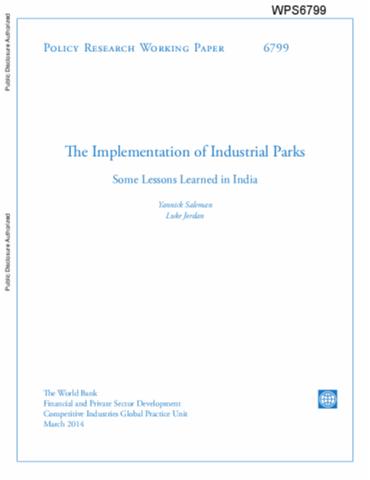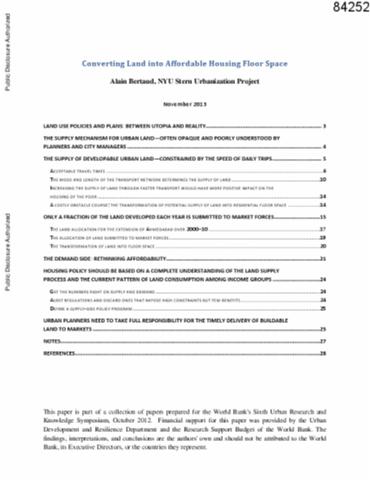Land Transactions in Rural India: pro-poor growth or poverty-inducing displacement?
The paper submitted for the partial fulfillment of the Degree of Masters of Science in Contemporary India at University of Oxford. The study examined divide between the pro-poor approaches to rural industrialisation and transfers of agricultural land.
This study assesses land transactions with explicit reference to their impact on poverty and any land acquisition is likely to displace people in large numbers.

